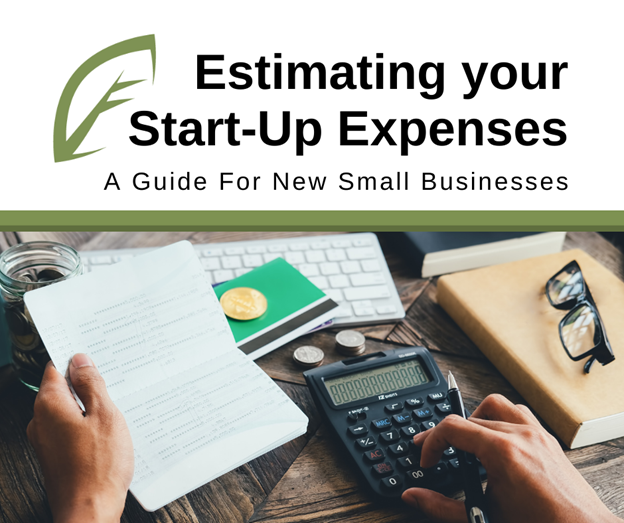Creating a new business is an exciting endeavor filled with passion and dreams. However, financial and legal factors play a crucial role in making dreams a reality. One essential step in starting a business is identifying your start-up costs. By understanding and estimating these expenses, you can establish a solid foundation for your business. In this blog post, we will explore the process of estimating start-up costs and provide you with a roadmap to guide you through this crucial aspect of business planning.
What are Start-Up Costs?
Start-up costs refer to the expenses a business incurs before generating revenue. In simple terms, it is the money you will spend before you can make money with your business. This is different from the normal, day-to-day operating costs of a business.
The specific costs associated with launching a business can vary based on many factors. The type and size of your business, location, product or service offerings, and the number of employees will all play a large role. Brick-and-mortar businesses typically require substantial upfront costs, such as rent, utilities, furniture, and equipment. Online businesses can be more cost-effective, as they generally require fewer physical assets and may include start-up costs such as web hosting, domain registration, and e-commerce software. A service provider may need fewer startup costs than brick-and-mortar businesses or online businesses, but they'll need to market and advertise.
4 Simple Steps to Estimating Your Start-Up Costs:
Step One: Write a Business Plan
When starting a business, it is crucial to create a comprehensive business plan. Creating a business plan forces you to organize your thoughts. A well-written business plan outlines your goals, target market, marketing strategies, and financial projections. While developing a detailed plan, you can also identify the key areas that require financial investment. This will enable you to estimate your start-up costs more effectively.
Step Two: Research and Identify Your Expenses
As part of your business plan, you must create a financial plan. So, step two in estimating your start-up costs is to research and identify the specific expenses you will incur during the start-up process. If you are feeling lost, you can begin by breaking down your costs into categories like one-time and ongoing costs.
One-time Costs: The initial expenses required to get your business up and running are often one-time costs. They include market research, product development, equipment purchases, licenses and permits, down payments, legal fees, branding, and initial inventory.
Ongoing Costs: Ongoing costs are not specifically start-up costs. They are the regular, day-to-day expenses needed to sustain your business. They include rent, utilities, employee wages, inventory, marketing, insurance, and other operational expenses.
Step Three: Do the Math
Once you have identified your expenses, it's time to estimate the costs associated with each item. Conduct thorough research, reach out to suppliers and vendors, obtain quotes, and gather as much information as possible to provide accurate estimates.
Make a spreadsheet or financial plan to add up all the costs of starting your business. Include things you only need to pay for once and things you'll have to pay for regularly. Ensure you account for any potential unforeseen costs by including a contingency fund in your calculations. Finally, project your cash flow by estimating the inflow and outflow of funds over a specific period. This will give you a better understanding of your financial viability and help you plan for any potential additional expenses.
Step Four: Find Access to Capital
Once you have done the math, you’ll have a clear idea of how much money you’ll need access to when starting your business. If you require financial assistance to cover your start-up costs, consider applying for loans or seeking funding opportunities. Your business plan will be a great asset when applying for funding. You can also check out our blog on How to be an Attractive Borrower. Remember, Community Futures offers affordable and flexible business loans and a wide range of business support from business advisors.
In Conclusion…
Estimating start-up costs is a critical aspect of business planning that shouldn't be overlooked. By following the four simple steps outlined above, you can understand the financial investment required to launch. For further assistance, you can find our Small Business Start-Up Guide, Small Business Financial Fundamentals Guide, and many other helpful resources for free on our Resources page.
We love hearing about your business dreams and helping make them a reality. Make an appointment at Community Futures Wild Rose to receive free business coaching, or begin the loan application process. Contact us by e-mail at




